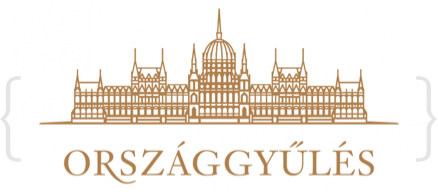Parliamentary Assembly of BIH
The Parliamentary Assembly of BiH (PABIH) is the bicameral legislative body on the state-level seated in Sarajevo.
The Parliamentary Assembly’s legislative power as being laid down in the Constitution covers the following policy fields:
(1) Foreign policy,
(2) Foreign trade policy,
(3) Customs policy,
(4) Monetary Policy,
(5) Finances of the institutions and international obligations of Bosnia and Herzegovina,
(6) Immigration, refugee and asylum policy and regulation,
(7) International and inter-Entity criminal law enforcement, including relations with Interpol,
(8) Establishment and operation and common and international communication facilities,
(9) Regulation of inter-Entity transport,
(10) Air traffic control.
However, over the course of the previous decade, a number of additional competences have been transferred to the state-level, most notably defence.
The Entities of Bosnia and Herzegovina are administrative-territorial units with a large autonomy. According to the Article III.3 of the Constitution, all governmental functions and powers not expressly assigned to the institutions of Bosnia and Herzegovina shall be those of the entities. Such allocation of competences in practice means that the responsibility for the majority of issues relevant for the every-day life of citizens lies with the entities. Some of the competences of entity governments and parliaments are: law-enforcement, welfare and social benefits, healthcare, education, trade, industry, mining, agriculture and a whole array of other economic competences.
The Parliamentary Assembly of BiH

Bosnia and Herzegovina

Bosnia and Herzegovina

Republika Srpska


 ABOUT TWINNING
ABOUT TWINNING


